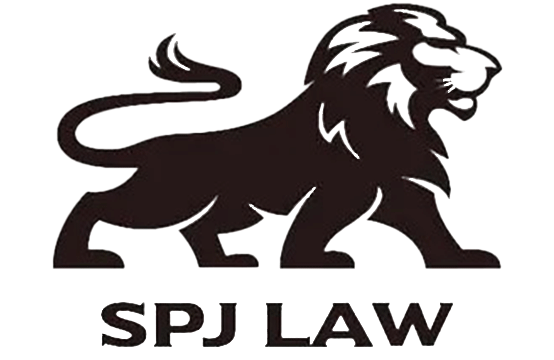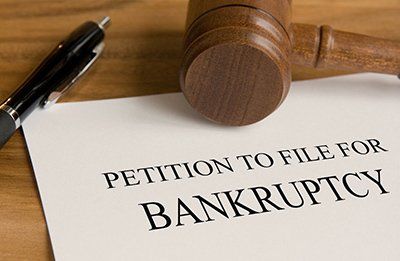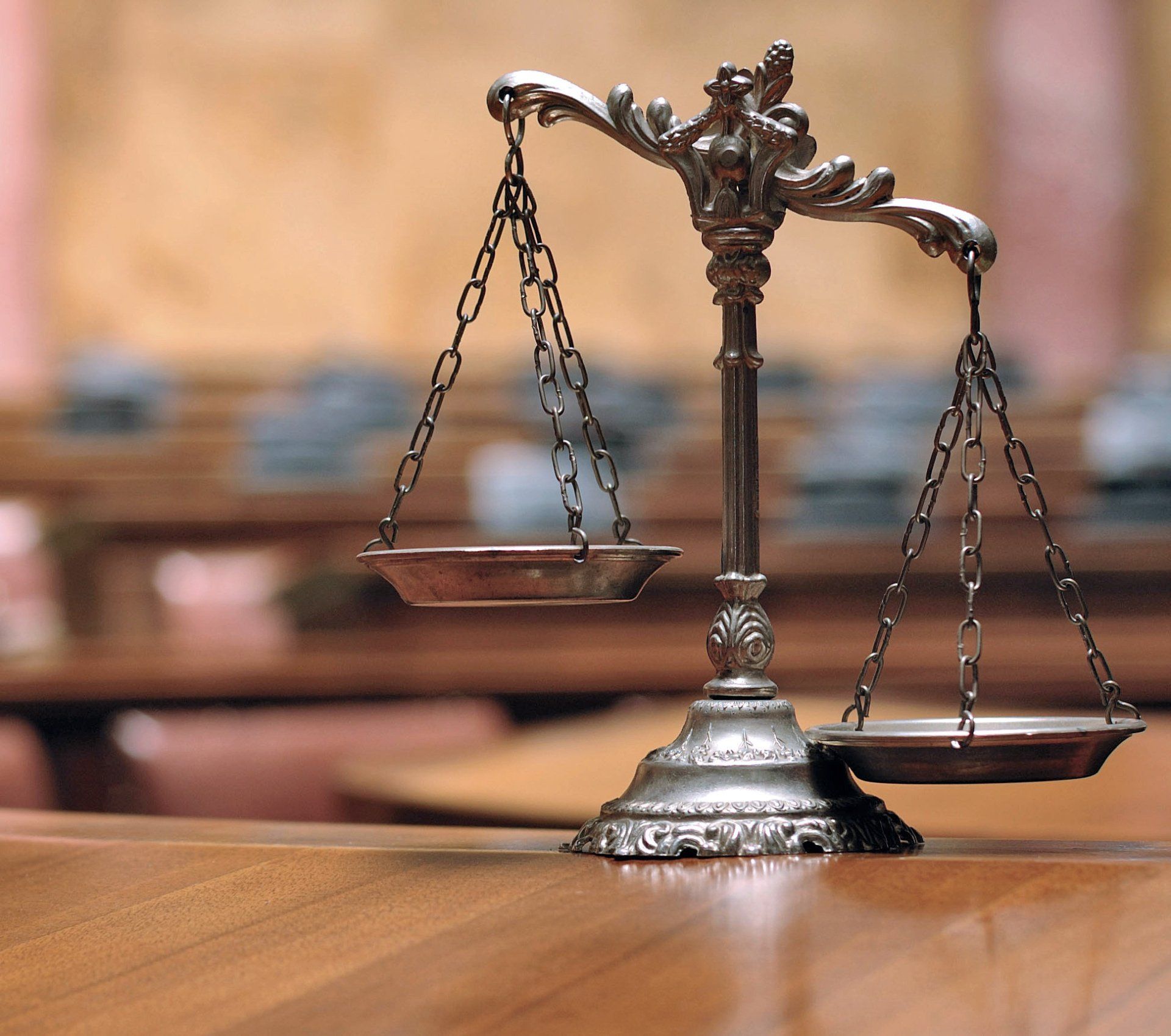Toll-Free Number: (800) 232-1325
Navigating Bankruptcy in the Face of Soaring Home Prices
Home Equity: a source of security or a threat to retain ownership through Chapter 7 bankruptcy?

In recent years, the soaring prices of homes have presented a double-edged sword for families navigating financial hardship. On one hand, increased home values may offer a glimmer of hope for those seeking to avoid bankruptcy by refinancing their home. On the other hand, these elevated prices have made it increasingly challenging for families to retain their homes during Chapter 7 bankruptcy proceedings.
Chapter 7 Bankruptcy and the Challenge of Home Equity:
Chapter 7 bankruptcy involves the sale of non-exempt assets to settle debts. The homestead exemption allows debtors to protect a certain amount of equity in their primary residence from liquidation. The problem arises when the value of the home surpasses the value of the mortgage plus the homestead exemption, leaving families vulnerable to the risk of losing their homes to satisfy creditors.
Because home prices have drastically increased in value nation-wide over the past three-to-five years. The equity in those homes, once considered a source of security, now pose a threat to those facing financial hardship and considering bankruptcy.
Chapter 13 Bankruptcy and the Impact of Home Equity:
Chapter 13 bankruptcy provides an alternative path for individuals with regular income to reorganize their debts through a court-approved repayment plan. Unlike Chapter 7, Chapter 13 allows debtors to retain their assets while making structured payments to creditors over a period of three to five years.
Equity in a home can affect the terms of a Chapter 13 repayment plan. If the equity in a home exceeds the exemption limit, the debtor must pay to his or her unsecured creditors whatever they would have received had the home been liquidated under Chapter 7.
Understanding Chapter 13 Bankruptcy:
For debtors facing substantial equity in their homes, Chapter 13 bankruptcy offers a potential lifeline. By proposing a repayment plan that considers the value of non-exempt assets, including home equity, individuals can satisfy creditors while retaining ownership of their property.
The Chapter 13 process begins with the debtor filing a petition with the bankruptcy court, along with a proposed repayment plan. The plan outlines how the debtor intends to repay creditors over the designated period, typically three to five years. During this time, creditors are prohibited from initiating or continuing collection efforts against the debtor.
Upon approval of the repayment plan by the bankruptcy court, the debtor must adhere to its terms, making regular payments to the appointed trustee, who then distributes funds to creditors according to the plan. Throughout the repayment period, the debtor is required to maintain current payments on secured debts, such as mortgages or car loans, to prevent foreclosure or repossession.
Upon successful completion of the repayment plan, remaining eligible debts may be discharged, providing the debtor with a fresh financial start.
The relation between rising home prices and bankruptcy presents both challenges and opportunities for families struggling with debt. While increased equity in a home may complicate Chapter 7 proceedings, Chapter 13 offers a structured approach to debt relief that considers the value of assets, including home equity. By understanding the implications of home equity on bankruptcy proceedings and exploring the options available, families can navigate these turbulent financial waters with greater confidence and clarity.
Free Consultation
There are many considerations with respect to Bankruptcy too numerous to include in a brief publication. Bankruptcy is a practice suitable for an experienced debt relief attorney like those at Smith, Pappas & Jones, Ltd. Because there are so many nuances in the application of bankruptcy law, it is inadvisable that a person not experienced or knowledgeable about Title 11 of the U.S. Code, and how the courts have interpreted those laws, to file bankruptcy without the assistance of counsel.
If you would like to consult with experienced Debt Relief Attorneys contact Smith, Pappas & Jones, Ltd.
We are a debt relief agency. We help people file for Bankruptcy relief.










Share On: